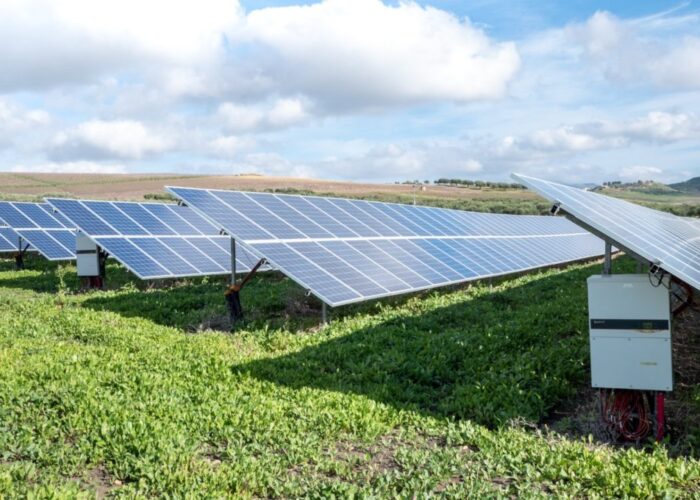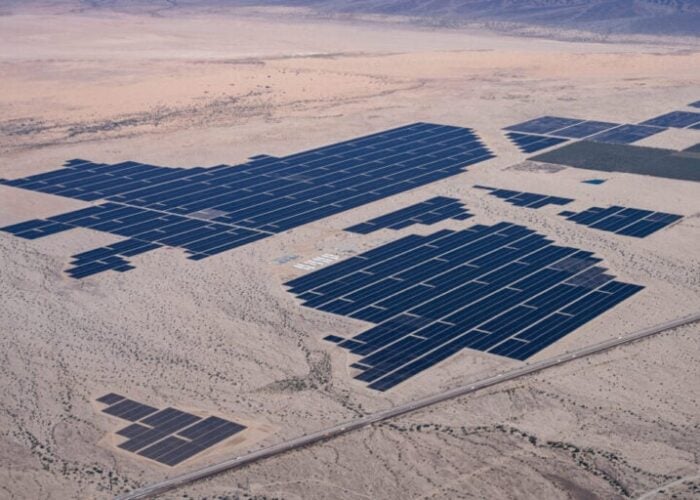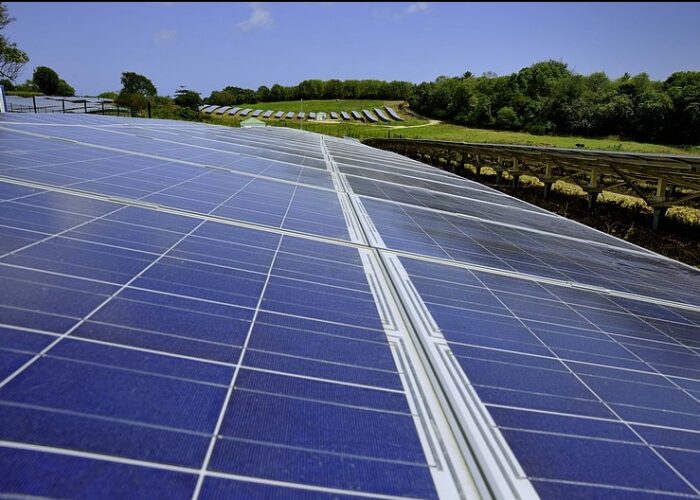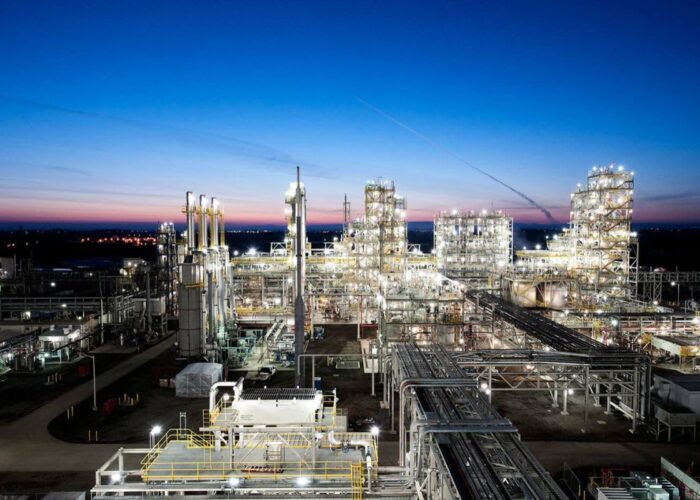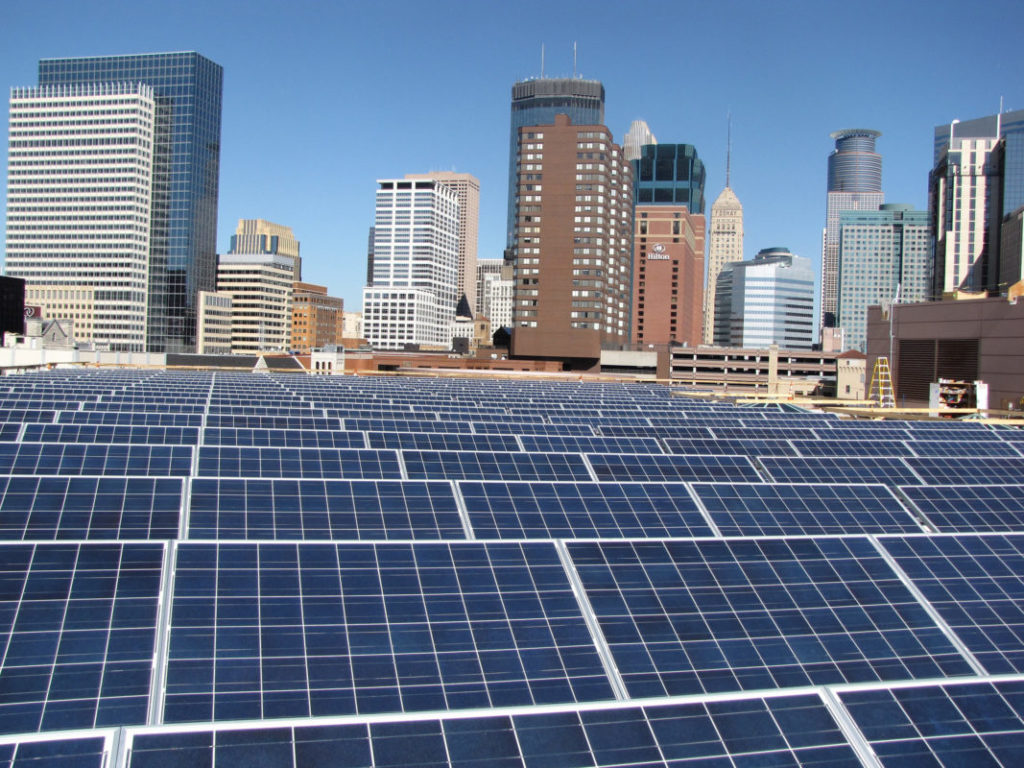
The US government has announced US$4 billion in tax credits for over 100 projects under the Qualifying Advanced Energy Project Tax Credit (48C) scheme, of which US$2.7 billion has been allocated for clean energy manufacturing projects, including solar PV.
The scheme was established under the 2009 American Recovery and Reinvestment Act, and given an additional US$10 billion under the 2022 Inflation Reduction Act (IRA), as the US looks to expand its domestic manufacturing of a number of clean energy technologies. The initiative grants an investment tax credit as high as 30% for projects that meet what the Department of Energy (DOE) called “prevailing wage and apprenticeship requirements.”
Unlock unlimited access for 12 whole months of distinctive global analysis
Photovoltaics International is now included.
- Regular insight and analysis of the industry’s biggest developments
- In-depth interviews with the industry’s leading figures
- Unlimited digital access to the PV Tech Power journal catalogue
- Unlimited digital access to the Photovoltaics International journal catalogue
- Access to more than 1,000 technical papers
- Discounts on Solar Media’s portfolio of events, in-person and virtual
The scheme is operated by the DOE, the Department of Treasury (DOT) and the Internal Revenue Service (IRS), and the majority of funding has gone towards what the DOE calls “clean energy manufacturing and recycling” projects. This funding forms the first round of the initiative, with the DOT noting that it will issue a notice for the second round of allocations “in the coming months”.
While the department did not specify how much of the funding would go towards specific technologies, such as solar PV, it noted that projects receiving funding included clean hydrogen fuel cells, energy storage and grid infrastructure and electric vehicles. Of the funding, US$800 million will go towards recycling, processing and refining of critical minerals, while US$500 million will be committed to industrial decarbonisation projects.
The DOE also noted that it received 250 applications from projects, requesting a total of US$13.5 billion in tax credits, with individual applicants seeking anywhere between US$1-100 million.
Continued government support for solar
The announcement is the latest encouraging development for the US solar sector, following in the wake of the IRA, which helped drive a new generation of “mega” deals in the US renewables space, Carl Fleming, of law firm McDermott Will & Emery, told PV Tech Premium last December.
“The IRA’s positive impact on the country is already underway, spurring investment into clean energy and manufacturing projects and fuelling American innovations,” said Alfred Johnson, CEO and co-founder at Crux, a sustainable finance platform based in the US, of the 48C announcement.
“Like many provisions in the IRA, 48C is targeted towards supporting historic energy communities and helping to create jobs and lower costs for American businesses. Crux looks forward to helping the 48C awardees realise the value of their credits through future transfers.”
“From direct grants to historic tax credits, the president’s Investing in America agenda is making the nation an irresistible place to invest in clean energy manufacturing,” added US secretary of energy Jennifer Granholm.
“The president’s agenda places direct emphasis on communities that have traditionally powered our nation for generations, helping ensure those communities reap the economic benefits of the clean energy transition and continue to play a leading role in building up the next wave of energy sources.”



